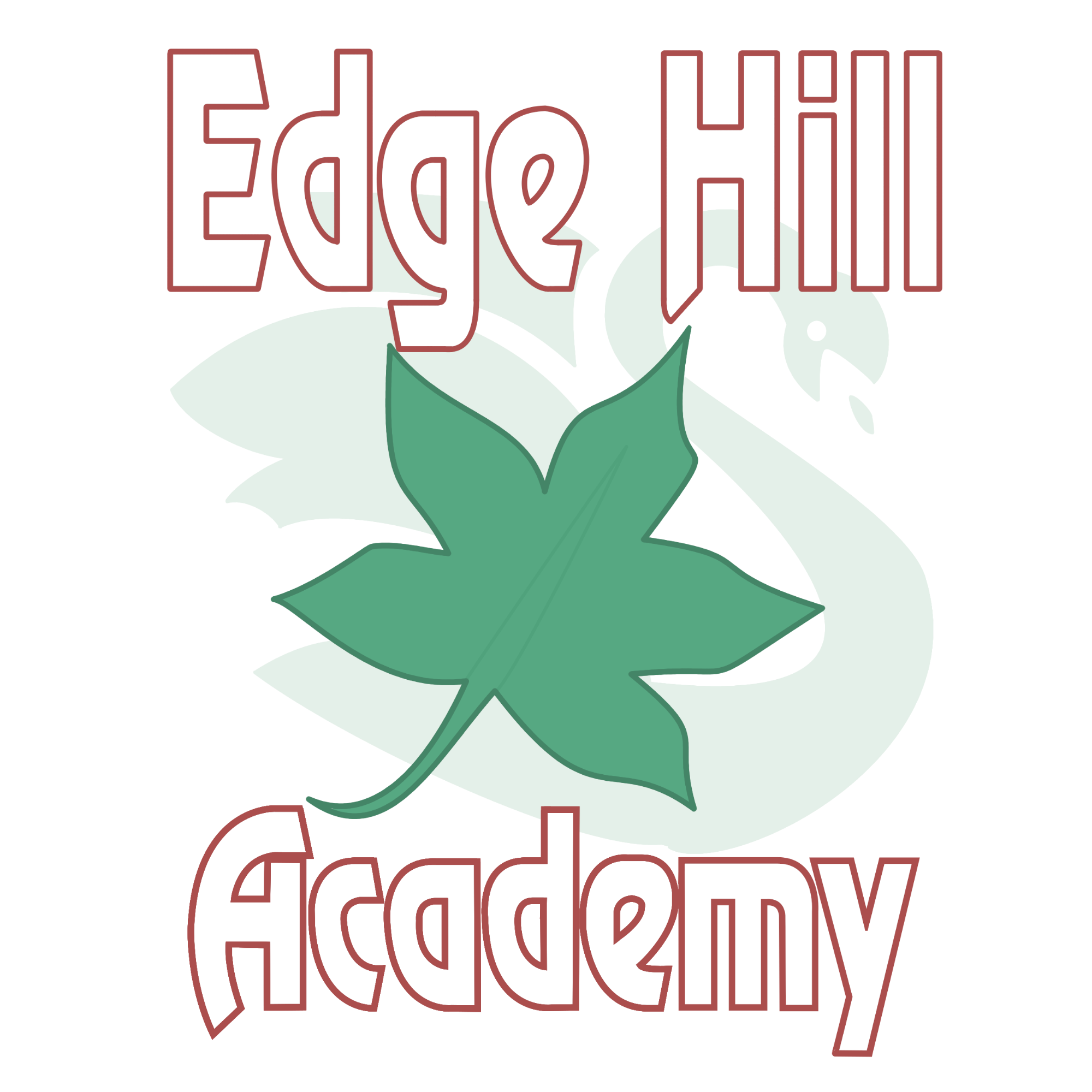PSHE and RSE
To deliver our curriculum, we use the Discovery Education Health and Relationships Programme to support us in meeting the outcomes of PSHE through dedicated lesson time. The units of learning progress from year 3 to year 6 with activities and videos to make learning engaging and enjoyable for our pupils, as well as developing their learning and understanding in an age-appropriate way.
In year 3, pupils cover the following content across the year:
|
Healthy and happy friendships Autumn 1 |
Being a good friend and respecting personal space. Strategies for resilience |
|
Similarities and differences Autumn 2 |
Respecting and valuing differences. Shared values of communities |
|
Caring and responsibility Spring 1 |
Our responsibilities and ways we can care and show respect for others |
|
Families and committed relationships Spring 2 |
Exploring the importance of commitment in relationships and how families can change and alter over time, including through separation and loss |
|
Healthy bodies, healthy minds Summer 1 |
Maintaining physical and mental well-being through healthy eating, sleep and keeping clean |
|
Coping with change Summer 2 |
Coping with feelings around the changes in our lives |
In year 4, pupils cover the following content across the year:
|
Healthy and happy friendships Autumn 1 |
Solving friendship difficulties. How to act if someone invades your privacy or personal boundaries. |
|
Similarities and differences Autumn 2 |
Identity and diversity. Seeing different perspectives and not making judgements based on appearance |
|
Caring and responsibility Spring 1
|
Rights and responsibilities within families and wider society, including the UN Convention on the Rights of the Child. |
|
Families and committed relationships Spring 2 |
The range of relationships we experience in our everyday lives. How to identify each relationship and understand the differences between the types of relationships we encounter. |
|
Healthy bodies, healthy minds Summer 1 |
Influences on our health and well-being, including friends, family and media, and awareness of how these can affect personal choices |
|
Coping with change Summer 2 |
How our bodies change as we enter puberty, including hygiene and menstruation |
In year 5 pupils cover the following content across the year:
|
Healthy and happy friendships Autumn 1 |
Identity and peer pressure in real life and online. Positive emotional health and well-being |
|
Similarities and differences Autumn 2 |
Celebrating strengths, setting goals and keeping ourselves safe online |
|
Caring and responsibility Spring 1
|
How our care needs change and the effects of loneliness and isolation. Ways in which we can show care in the community |
|
Families and committed relationships Spring 2 |
The characteristics of healthy, positive and committed relationships, and how these develop as people grow older. Sex education: adult relationships and human reproduction, including different ways to start a family. |
|
Healthy bodies, healthy minds Summer 1 |
Our unique bodies and self-acceptance – valuing our bodies and minds; lifestyle habits (including alcohol, tobacco and drugs) and their effects on well-being |
|
Coping with change Summer 2
|
How puberty changes can affect our emotions and feelings and ways to manage this; questions about puberty and change, including periods and wet dreams |
In year 6, pupils cover the following content across the year:
|
Healthy and happy friendships Autumn 1 |
How relationships evolve as we grow, and how to cope with a wider range of emotions. |
|
Similarities and differences Autumn 2
|
Identity and behaviour online and offline. Reflecting on how people feel when they don’t ‘fit in’ |
|
Caring and responsibility Spring 1
|
How we can take more responsibility for self-care and who cares for us as we grow older, including at secondary school. |
|
Families and committed relationships Spring 2 |
How diverse family units are and how to manage emotions. |
|
Healthy bodies, healthy minds Summer 1 |
Being the best me: ongoing self-care of bodies and minds, including ways to prevent and manage mental ill-health. |
|
Coping with change Summer 2
|
Transitions (including to secondary school) and ways to manage the increasing responsibilities and emotional effects of life changes. |
In addition to our Discovery Health and Relationships scheme, the children at Edge Hill are taught about consent. Children should know how to seek consent and give permission in a wide range of situations. This will help them navigate interactions and respect boundaries.
We also teach a range of topics to support our children in the community they live in: Healthy eating, fire safety, oral hygiene, recycling, sun safety and water safety.
Work is completed in books or through discussion and teachers answer any questions from pupils in an age-appropriate and factual way, without personal bias or judgement. Questions are answered in one of the following ways: by providing an answer to the whole class; by giving an individual answer to a pupil, or, on rare occasions, by contacting parents if we feel the question would be better handled in the home setting. Any questions that give rise to concerns of a safeguarding nature are handled in line with our published safeguarding policy. We welcome you contacting us if you have any questions about the school’s approach to this important, statutory area of learning by emailing RSE@edgehill.fierte.org
If you would like to see any of the content of the programme in more detail or view the learning resources, please contact your child’s teacher.
The impact of PSHE/RSE lesson can be seen through the children’s books and through reflection of what they have learnt. At Edge Hill, the children also show their understanding through high expectations of behaviour and actions in school and their local community.
